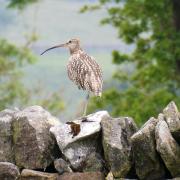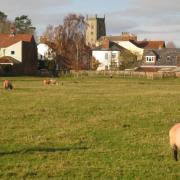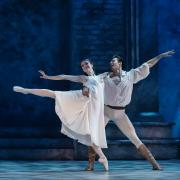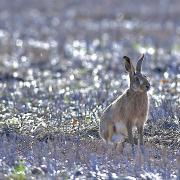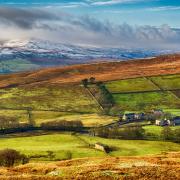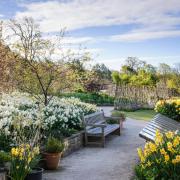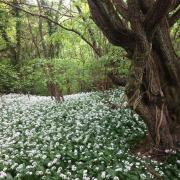York Literature Festival is attracting big names from the worlds of politics, broadcasting and science. Chris Titley reports

Lord Winston, the most recognisable face in science, is very familiar with our part of the world. The day before our conversation he had been in Leeds and he is chancellor of Sheffield Hallam University. ‘I have a lot of connections with South Yorkshire and I’m in Sheffield very frequently,’ he says. ‘York I don’t go to so much because I find a curved station platform makes me feel a bit dizzy. It’s the longest curved station platform in the United Kingdom – bet you didn’t know that.’

That’s the thing with Professor Robert Winston, the multi-award winning pioneer of fertility treatments, writer of more than 300 scientific publications, author of books for children and adults, broadcaster and possessor of the most famous glasses-and-moustache combo since Groucho Marx. Talk to him for even a few minutes and, as he switches from daft observation to serious social criticism in the flash of a photon, you are left dizzy with potential follow-up questions.
Lord Winston is one of the headliners of this year’s York Literature Festival, which runs for 12 days in March. ‘Is literature important to me? Of course it is,’ he says. ‘If you write books, you’ve got to read books.
‘I’m heavily into non fiction, but I do read some fiction. I’m reading Robert Harris’s book on the Dreyfus affair at the moment, An Officer and a Spy, really as “fiction non-fiction” – sort of crossing the barrier.’
Lord Winston has written 14 popular science books, including eight for children. His latest, Science Year by Year, takes us from the wheel to the World Wide Web, by way of pioneers like Marie Curie and Charles Darwin.
’The children’s books are an attempt by myself to encourage science literacy amongst children,’ he says, adding that there are real problems with science teaching in primary schools and ‘in pockets of science in secondary schools, particularly physics teaching’.
‘Primary school really needs much better science literacy amongst school teachers. Most primary school teachers teaching science haven’t done science at university, may not have done a science A level even.
‘That isn’t to say that primary school teachers are bad, they’re not – they’re greatly undervalued.’ What’s the answer? ‘Oh, invert the triangle. Invest much more heavily in the education of younger children. And leave secondary schools to work out their own curriculum for themselves, because they’re always going to be focusing their children on what they’re going to be doing afterwards.’
The social progress delivered by science during Lord Winston’s lifetime – he is 73 – has been enormous. ‘I don’t really believe in breakthroughs,’ he says. ‘I think that science is a gradual development.’ Instead, he sees the most important development as the growing collaboration between disciplines. ‘The best universities are ensuring that mathematicians talk to biologists and that chemists talk to engineers.
‘That’s a real change and it’s a very important one. That really has happened in my lifetime, and it’s probably more important than the much-vaunted medical advances that have been made, some of which are more apparent than real.’
The best of the fest
Lord Winston is not the only big name at the festival, which runs from March 20th-31st in venues across the city. Campaigner and writer Germaine Greer, BBC inquisitor John Humphrys, Mersey poet Roger McGough and former Home Secretary Alan Johnson are also taking part. Other highlights include former Poet Laureate Andrew Motion reading from his latest collection of poetry, The Customs House.
Sebastian Faulks’ acclaimed novel Birdsong is dramatised at York Theatre Royal in the year that marks the centenary of the start of the First World War.
For more information go to yorkliteraturefestival.co.uk




